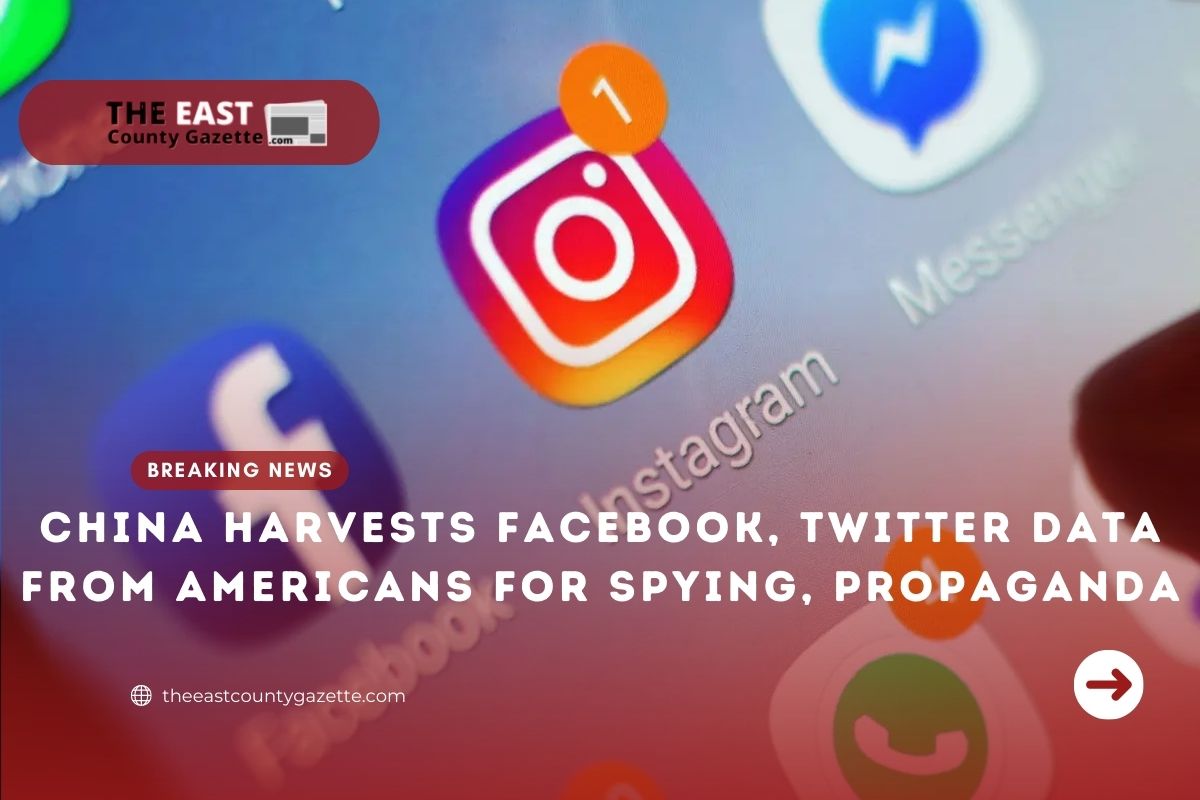According to hundreds of documents reviewed and reported by the Washington Post this week, China has been snooping on Americans’ and other Western users’ Facebook and Twitter activities.
According to AmericanMilitaryNews report, China developed the public opinion analysis tool over the past decade to receive alert on sensitive information being spread online and to identify critics of the government.
Formerly used to monitor internal dissension, the tools are now being used to gather information on foreign targets.
Since the start of 2020, The Washington Post has reviewed nearly 300 Chinese government-sponsored documents, including software contracts to collect data on foreign targets through Twitter, Facebook, and other social media platforms in the West.
The documents detail Chinese contracts for more sophisticated monitoring tools being used by the Chinese military, police, cyber regulators, propaganda departments, as well as state media outlets.
Also check: US Reports Lowest Population Growth Rate in Decades
An analyst said that the new program helps the Central Propaganda Department understand the underground network of anti-China personnel better.
“Now we can better understand the underground network of anti-China personnel.”
Some analysts recalled having been tasked with creating data reports on how negative views about China’s leaders spread on Twitter, including those expressed by individual academics, politicians, and journalists.
The Washington Post reports that a $320,000 program in China mines Twitter and Facebook data for journalistic and academic purposes.
Chinese government contracts often require police and propaganda departments to have and maintain foreign social media accounts.
In a $216,000 contract, the Beijing police commissioned the analysis of Western social media conversations about Hong Kong and Taiwan.
Another contract entails building a cyber center in Western China’s Xinjiang region, which will monitor the language content shared internationally by the predominantly Muslim Uyghur minority group.
Other contracts relate to the refinement and improvement of the dissemination of Chinese state media abroad.
Chinese efforts to refine their foreign propaganda are reportedly part of a broader effort to enhance the power of their propaganda.
German Marshall Fund senior fellow Mareike Ohlberg, who has studied China’s domestic public opinion network, told the Washington Post that China’s effort to collect social media data “really shows that they now feel it’s their responsibility to defend China overseas and fight the public opinion war overseas.”
In many countries, China is receiving a sinking public perception due to its increased data mining efforts.
Among 17 countries with advanced economies, perceptions of China remained largely negative for the second consecutive year, amid international concerns over Hong Kong, the Uyghur population, and the COVID-19 pandemic.
After negative international perceptions emerged in May, Chinese leader Xi Jinping called on the government to become “trustworthy, lovable, and reliable” and to devise an effective strategy to guide public opinion worldwide.
After the Tiananmen Square protests of 1989 and the massacre that followed by the Chinese government, the term “public opinion guidance” became widely used in China.
Using targeted censorship and propaganda against specific groups, “public opinion guidance work” referred to a policy of influencing public opinion on behalf of the Chinese government.
The term “international public opinion guidance” refers to the use of this censorship and propaganda technique outside China.
There have been some measures taken by Facebook and Twitter to prevent social monitoring tools such as those being developed and deployed in China.
Facebook and Twitter have both banned the use of unauthorised automated data collection tools.
Now, Twitter explicitly prohibits software tools that infer a user’s political affiliation, ethnicity, or racial origin from its policies.
“Our [Application Programming Interface] provides real-time access to public data and Tweets only, not private information. We prohibit use of our API for surveillance purposes, as per our developer policy and terms,” Twitter spokesperson said to Washington Post.

